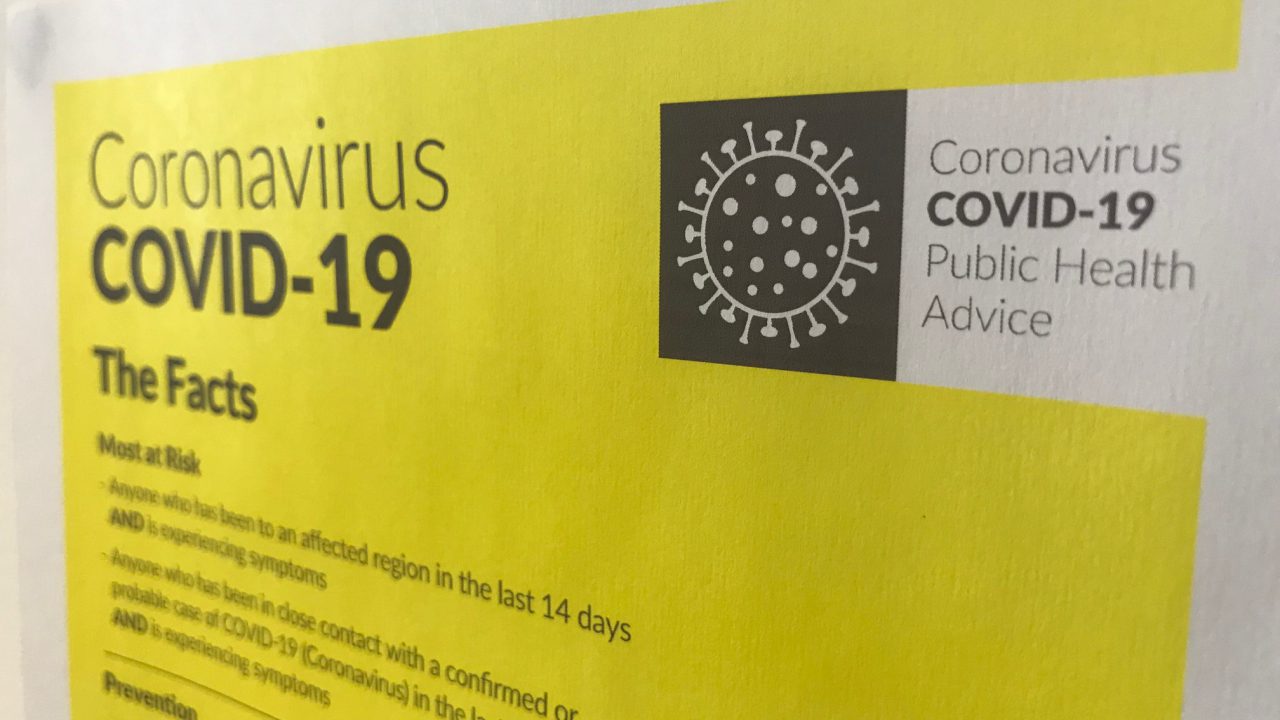A national surveillance programme commences this month to measure the level of Covid-19 in wastewater in 68 catchment areas all around the country.
This follows a successful pilot scheme carried out by researchers at University College Dublin (UCD) who studied the levels of markers for Covid-19, called RNA, in sewage.
This new programme will form an important part of the work being undertaken to monitor the prevalence of Covid-19 in communities across Ireland. It will also operate as an early-warning system for future possible waves of Covid-19 infection, according to the Health Service Executive (HSE).
This type of monitoring is an internationally recognised tool in assessing infection rates, according to the Health Protection Surveillance Centre (HPSC).
Covid-19 analysis
Commenting, Dr John Cuddihy, director of the HPSC said: “Analysis of Covid-19 genetic material in wastewater captures both symptomatic and asymptomatic people.
“As such, it helps evaluate how effective specific public-health measures are, and can be an important early warning sign of increasing Covid-19 activity in the community.
“It can also help inform those locations in which increased and enhanced Covid-19 testing and preventative measures might be of benefit.”
Catchment areas
Ireland has more than 1,100 public wastewater catchment areas where wastewater is collected and conveyed for treatment, but 68 are included in this new programme, which takes area coverage and population density into account.
At least two catchment areas per county are included, covering 84% of the population connected to a public wastewater treatment plant.
This will ensure the largest population centres are captured, and a comprehensive national environmental early-warning surveillance system will be established.
Results
Results of this programme will be communicated by the HSE Health Protection Surveillance Centre to key organisations including the HSE public health departments, the Irish Epidemiological Modelling Advisory Group (IEMAG), and the National Public Health Emergency Team (NPHET).
The findings will inform testing strategy and the initiation of preventive public-health measures.
When results are available, they will also be posted on the HPSC’s website at regular intervals.
